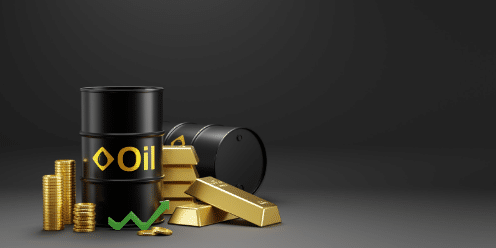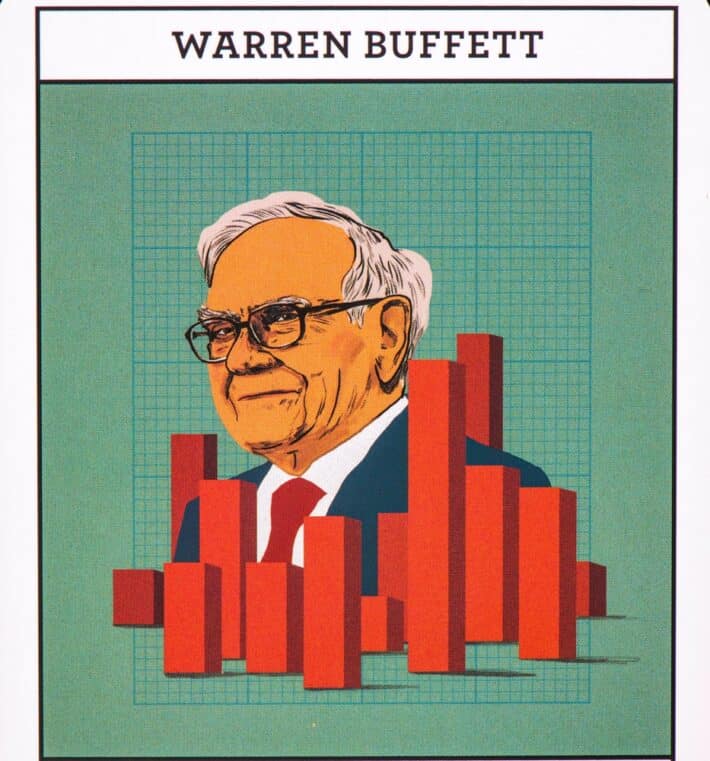
The Alarming Truth Behind the Gold-to-Oil Ratio: What It Means for Your Financial Future
Gold and oil—two pillars of the global economy—share a complex relationship that has evolved significantly over the past 80 years. The gold-to-oil ratio, which measures how many barrels of crude oil are equivalent in price to one troy ounce of gold, serves as a barometer for economic health and market sentiment.
Understanding the Gold-to-Oil Ratio
The gold-to-oil ratio reflects the price relationship between gold and West Texas Intermediate (WTI) crude oil, a primary benchmark for oil pricing. A high ratio indicates that gold is relatively expensive compared to oil, often signaling economic uncertainty or inflationary pressures. Conversely, a low ratio suggests that oil is more expensive relative to gold, potentially pointing to robust economic activity and higher energy demand.
Historical Trends and Their Implications
In the 1950s and 1960s, the gold-to-oil ratio remained stable between 11 and 13, thanks to fixed gold prices and stable oil markets. However, the landscape shifted dramatically in the following decades:
- 1980s Onward: The ratio fluctuated between 6 and 40, reflecting economic volatility and geopolitical tensions.
- 2000-2008: Oil prices surged relative to gold, causing the ratio to drop to nearly 6, indicative of strong global demand for energy.
- 2020 Peak: The ratio skyrocketed to an unprecedented 91.1 during the COVID-19 pandemic, as gold prices soared amid economic uncertainty while oil demand plummeted due to global lockdowns.
These fluctuations underscore the ratio's sensitivity to global events and its role as a predictor of economic trends.
Current Status and Future Outlook
As of November 2024, the gold-to-oil ratio stands at approximately 39.06, suggesting a higher valuation of gold relative to oil. This elevated ratio may indicate ongoing economic uncertainties, inflationary concerns, or a shift in investor preference towards safe-haven assets like gold.
Why This Matters to You
Understanding the gold-to-oil ratio is crucial for making informed financial decisions. A rising ratio often signals economic instability, prompting investors to seek refuge in tangible assets such as gold and silver. In times of financial turmoil, these precious metals have historically preserved wealth and provided a hedge against inflation.
Protect Your Wealth Now
Don't wait for economic uncertainties to erode your hard-earned savings. Take proactive steps to secure your financial future:
- Diversify Your Portfolio: Incorporate gold and silver to hedge against market volatility.
- Stay Informed: Regularly monitor economic indicators like the gold-to-oil ratio to anticipate market shifts.
- Educate Yourself: Download Bill Brocius' eBook, "Seven Steps to Protect Yourself from Bank Failure," for comprehensive strategies on safeguarding your assets.
Take Action Today
Empower yourself with knowledge and tools to navigate economic uncertainties. Subscribe to Dedollarize's exclusive insights and resources to stay ahead of market trends and protect your wealth.
Download the eBook here: Seven Steps to Protect Yourself from Bank Failure
Subscribe to Dedollarize: Subscribe Now
Remember, in these unpredictable times, taking control of your financial destiny is not just wise—it's essential.











